Module 1 My Family
Learn to read the new words
eleven, twelve, thirteen, fourteen, fifteen, sixteen, seventeen, eighteen, nineteen, twenty
mum /mʌm/ Who is this? – This is my mum. Her name is Ann. My mum is a teacher. Emma’s mum is a teacher too.
dad /dᴂd/ Who is this? - This is my dad. His name is Martin. That is Harry’s dad. Is your dad a teacher? – No, he isn’t.
sister /’sıstǝ/ a sister – sisters. They are my sisters. Their names are Wendy and Alice. How old are they? – Wendy is eleven and Alice is thirteen.
brother /’brʌðǝ/ a brother – brothers. He is my brother. How old is he? – He is nineteen. Lee’s sister and brother are in the living room.
grandma /’ɡrᴂnmα:/ Who is she? – She’s my grandma. What is her name? – Her name is Doris.
grandpa /’ɡrᴂnpα:/ Who is he? – He’s my grandpa. What is his name? – His name is Tom.
aunt /α:nt/ an aunt – aunts. This is my aunt, Polly. That is Mona’s aunt. I’ve got two aunts.
uncle /ʌŋkl/ an uncle – uncles. They are my uncles. Who is that? – That is Lee’s uncle.
cousin /’kʌzᵊn/ a cousin – cousins. They are Emma’s cousins. This is her cousin, Kate. That is her cousin, Jack.
friend /frend/ a friend – friends. We are good friends. They are my friends. Harry’s friend is from Great Britain.
happy /’hᴂpı/ We are a happy family. It’s my birthday today. – Happy Birthday!
sad /sᴂd/ a sad story. I don’t like to read sad stories. My friend is very sad today. - Why is he sad?
flower /’flaʊǝ/ a flower – flowers, a nice flower. They are nice flowers. The flowers are in the vase /vα:z/. Where are the flowers? – They are in the vase. What lovely flowers you’ve got!
Learn to read the new words
man a man /mᴂn/ – men /men/, a tall man, two men. He is a tall man.
milkman /’milkmǝn/ a milkman – milkmen. What is he? – He is a milkman. It’s his job.
policeman /pǝ’li:smǝn/ a policeman – policemen. What are they? – They are policemen. It’s their job.
fireman /’faıǝmǝn/ a fireman – firemen. He is a fireman. They are firemen. They like their job. What is your uncle? – He is a fireman.
postman /’pǝʊstmǝn/ a postman – postmen. What is Lee’s uncle? – He is a postman.
drive /draıv/ drive a car. I can’t drive a car. My dad drives his car every day. Can your mum drive a car? – Yes, she can.
walk /wɔ:k/ walk around, go for a walk. A policeman walks around the town all day long. I want to go for a walk with my friends. Let’s go for a walk!
ride /raıd/ ride a bike, ride a horse. Can you ride a bike? – Yes, I can. Can your little sister ride a bike? – No, she can’t. I can ride a bike but I can’t ride a horse.
Answer the questions:
What is your mum’s name?
What is your dad’s name?
Is your mum a teacher?
Is your dad a policeman?
Have you got a sister/brother?
What is your sister’s name/ your brother’s name?
How old is your sister/brother?
Have you got cousins?
What are their names?
Can you ride a bike?
Can you ride a horse?
Can your dad drive a car?
Can your mum drive a car?
Do you want to go for a walk with your friends?
Translate:
мама Эммы, папа Гарри, сестра и брат Ли, моя бабушка, его дедушка, тетя Моны, дядя Ли, двоюродные братья и сестры, хорошие друзья, счастливая семья, грустный рассказ, прелестные цветы, молочник - молочники, полицейский - полицейские, пожарный - пожарные, почтальон - почтальоны, водить машину, идти гулять, кататься на велосипеде, кататься на лошади.

 Получите свидетельство
Получите свидетельство Вход
Вход






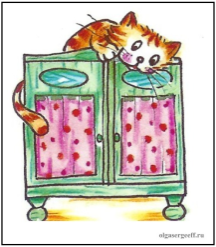
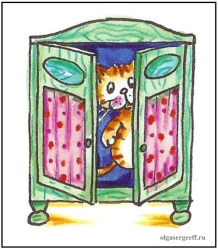
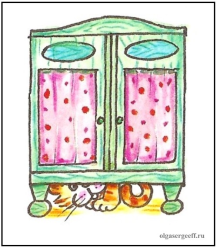
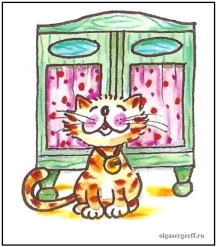
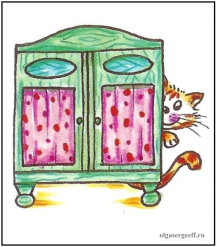
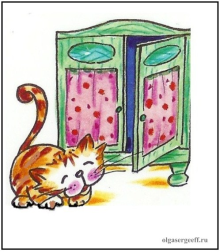








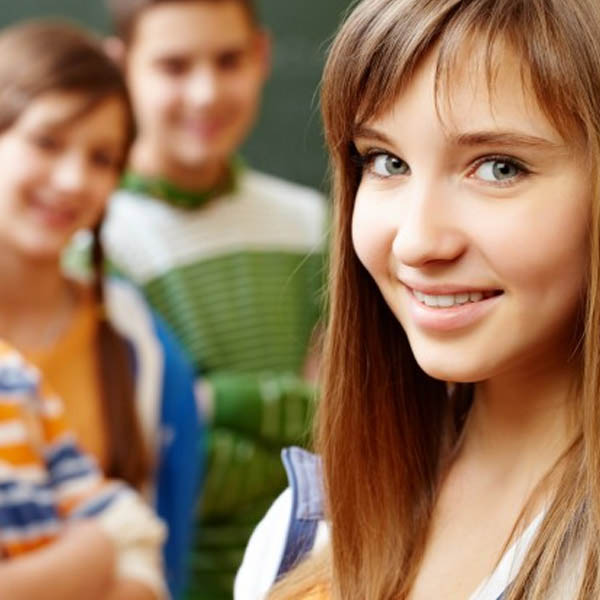








 Разработка по чтению к учебнику Starlight 3 (786.14 KB)
Разработка по чтению к учебнику Starlight 3 (786.14 KB)
 0
0 2358
2358 127
127 Нравится
0
Нравится
0


